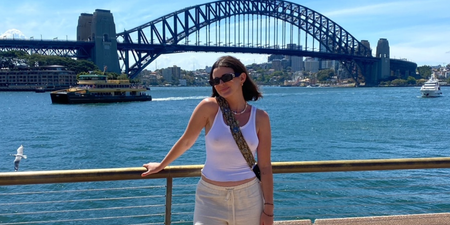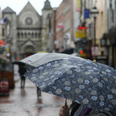It’s showing huge effects.
Australia has revealed that The Great Barrier Reef is now suffering “mass bleaching” at its corals as it has now lost most of its colour due to the stress of warmer seas.
According to Australian authorities, due to the severity of climate change, there has been a devastating impact on the reef system.
The Great Barrier Reef is the world’s largest coral reef system and it stretches for more than 2,300km along the northeast coast of Australia.
The Reef Authority added that it is now showing the signs and harmful effects that global warming has caused.
Aerial surveys have detected coral bleaching at multiple reefs, “confirming a mass bleaching event, the fourth since 2016,” it said in a report.
The reef is home to 1,500 species of fish and 4,000 types of mollusc and has been suffering despite the La Nina weather phenomenon which has had an effect on Australia’s climate.

Bleaching has impacted the 2,500 individual reefs and more than 900 islands as it occurs when corals expel algae living in their tissues, draining them of their vibrant colours.
While this happens when the corals are put under stress, they can still recover if conditions become more moderate.
“Weather patterns over the next couple of weeks continue to remain critical in determining the overall extent and severity of coral bleaching across the Marine Park,” the Reef Authority said.
The mass bleaching report comes our days after the United Nations began a monitoring mission to see if the World Heritage site is being protected from climate change.
UNESCO’s mission now is to see whether the Australian government is doing enough to address threats to the Great Barrier Reef, including climate change before the World Heritage Committee considers listing it as “in danger” in June.
“The beloved, vibrant colours of the Great Barrier Reef are being replaced by ghostly white coral,” said Greenpeace Australia climate impact activist Martin Zavan.
“If the government is genuine about letting the UN mission form a comprehensive picture of the state of the Reef, then it must take the mission to the northern and central Reef.”


















































